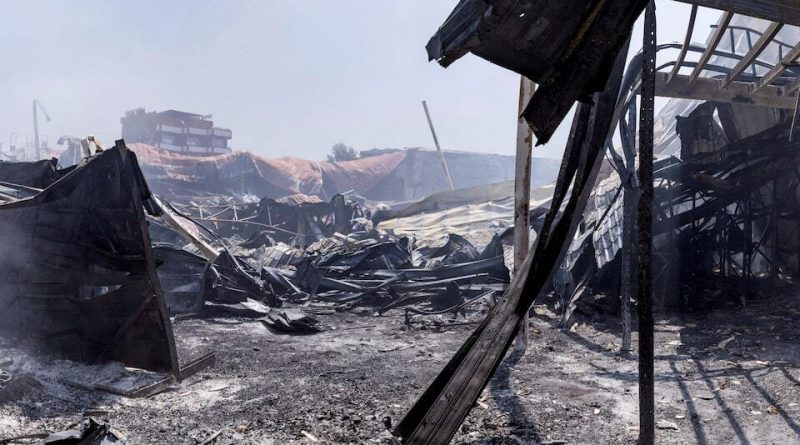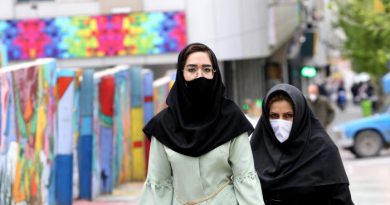Madagascar Youth Push for Dialogue and Reform Amid Calls for Unity and Progress
Antananarivo — A wave of civic engagement is sweeping across Madagascar as young citizens, inspired by youth-led movements around the world, continue to call for positive change and accountability from their leaders.
The demonstrations, which began in late September, have sparked renewed national conversation about governance, development, and the country’s future direction.
President Andry Rajoelina recently extended an offer of dialogue to representatives from across society — including youth leaders, students, and spiritual figures — as part of a national initiative aimed at restoring calm and unity.
The proposed dialogue is designed to address long-standing issues such as water scarcity, electricity shortages, and economic inequality, all of which have affected millions of Malagasy citizens.
While some protesters initially rejected the invitation, viewing it with skepticism, observers note that the president’s outreach signals a willingness to engage in conversation and to include diverse voices in shaping Madagascar’s future.
The move to appoint a new prime minister and reform the cabinet further reflects an openness to change and renewal within the government.
Madagascar’s young generation has emerged as a powerful voice for reform, echoing the country’s strong democratic traditions. Their demands for improved infrastructure, transparency, and accountability reflect a broader desire to see the country’s abundant potential turned into tangible progress.
With natural resources, fertile agricultural land, and a growing youth population, Madagascar stands at a pivotal moment of opportunity.
Economists and civic groups have emphasized that cooperation between government and youth leaders is key to long-term progress. National dialogue, if carried out in good faith, could serve as a foundation for stronger institutions and better governance.
International partners, including the United Nations and the African Union, have also encouraged open communication and peaceful engagement between all sides, underlining that dialogue remains the best path toward sustainable reform.
The country’s challenges — such as inconsistent power supply, limited access to clean water, and economic disparities — are not insurmountable. In fact, the ongoing conversations have already brought global attention to the need for investment in Madagascar’s energy, infrastructure, and social sectors.
With its rich natural resources, including vanilla, nickel, cobalt, textiles, and shrimp exports, Madagascar has strong potential to diversify its economy and create employment opportunities for its young population.
President Rajoelina’s government has reiterated its commitment to peace and development, promising reforms that promote inclusion and transparency.
The president’s call for unity, coupled with youth activism, could become a transformative moment for the nation — a bridge between generations that helps drive shared goals of growth, equality, and national pride.
Despite recent tensions, many Malagasy citizens remain hopeful that this period of civic awakening will lead to constructive outcomes.
As Madagascar moves forward, the spirit of resilience, determination, and innovation among its youth offers a beacon of hope for a more prosperous and united future.



